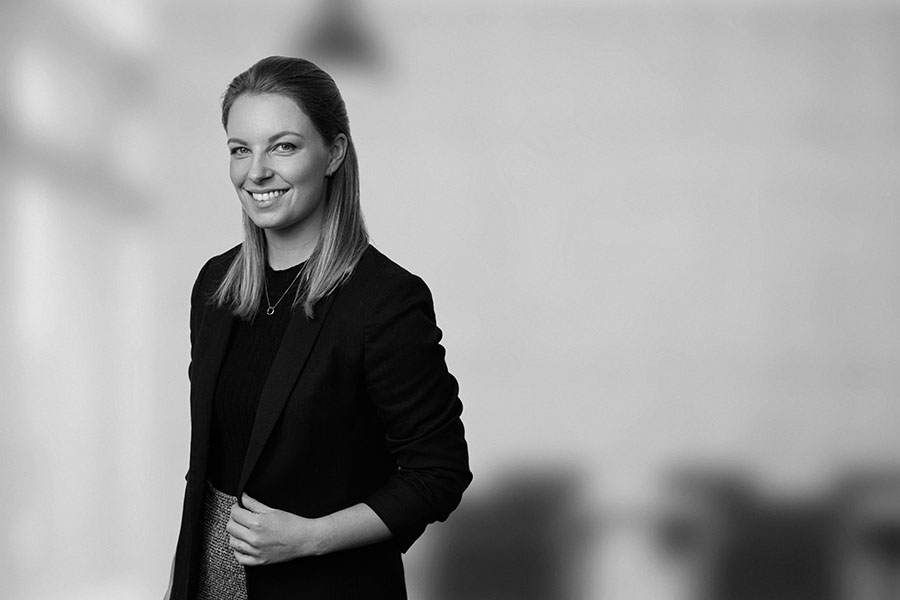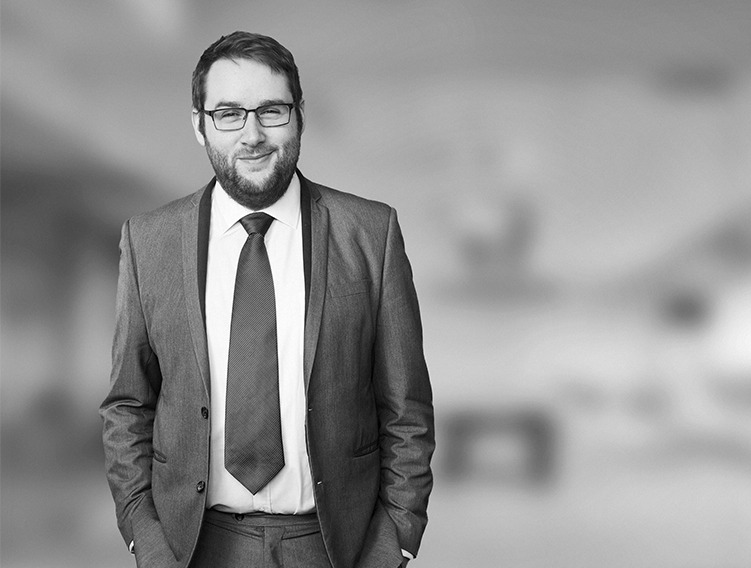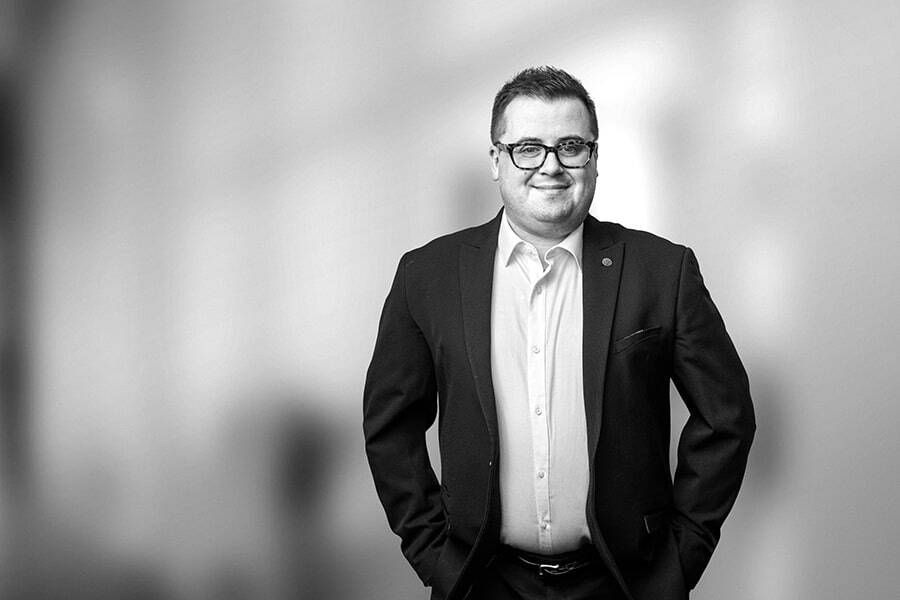An opposition strategy can make or break a business. Whether you’re at the receiving end of an opposition, or are looking to clear the way for your own products or services, it’s important to get it right.
Our Engineering & ICT specialists have a proven track record in opposition proceedings and have successfully defended and attacked hundreds over the years. We understand that successful oppositions require not only deep technical expertise and knowledge of the subject matter under scrutiny, but a forensic understanding of the evolving procedural aspects of the European Patent Office (EPO) process and timelines.
In autumn 2020, we analysed more than 8000 opposition cases filed at the EPO over the last 12 years, studying the timelines for hundreds of engineering, electronics and software oppositions. Using a tailored computer programme built by Camille Terfve, associate in our life sciences team, we were able to identify trends and answer key questions. Through this research we wanted to truly understand how oppositions are affected by procedural changes and the Covid-19 pandemic so we can advise our clients on the best opposition strategies to succeed.
As engineering, electronics and software cover a vast range of disciplines, we focused in on four sectors: Transport, Medical Devices, Telecommunications and Software. These sectors were chosen not only for their importance as measured by number of patent applications and number of oppositions, but also their significance in the wider economy. In the report we look at whether opposition outcomes are the same across different technology sectors and which players are the most active in oppositions.









.png)



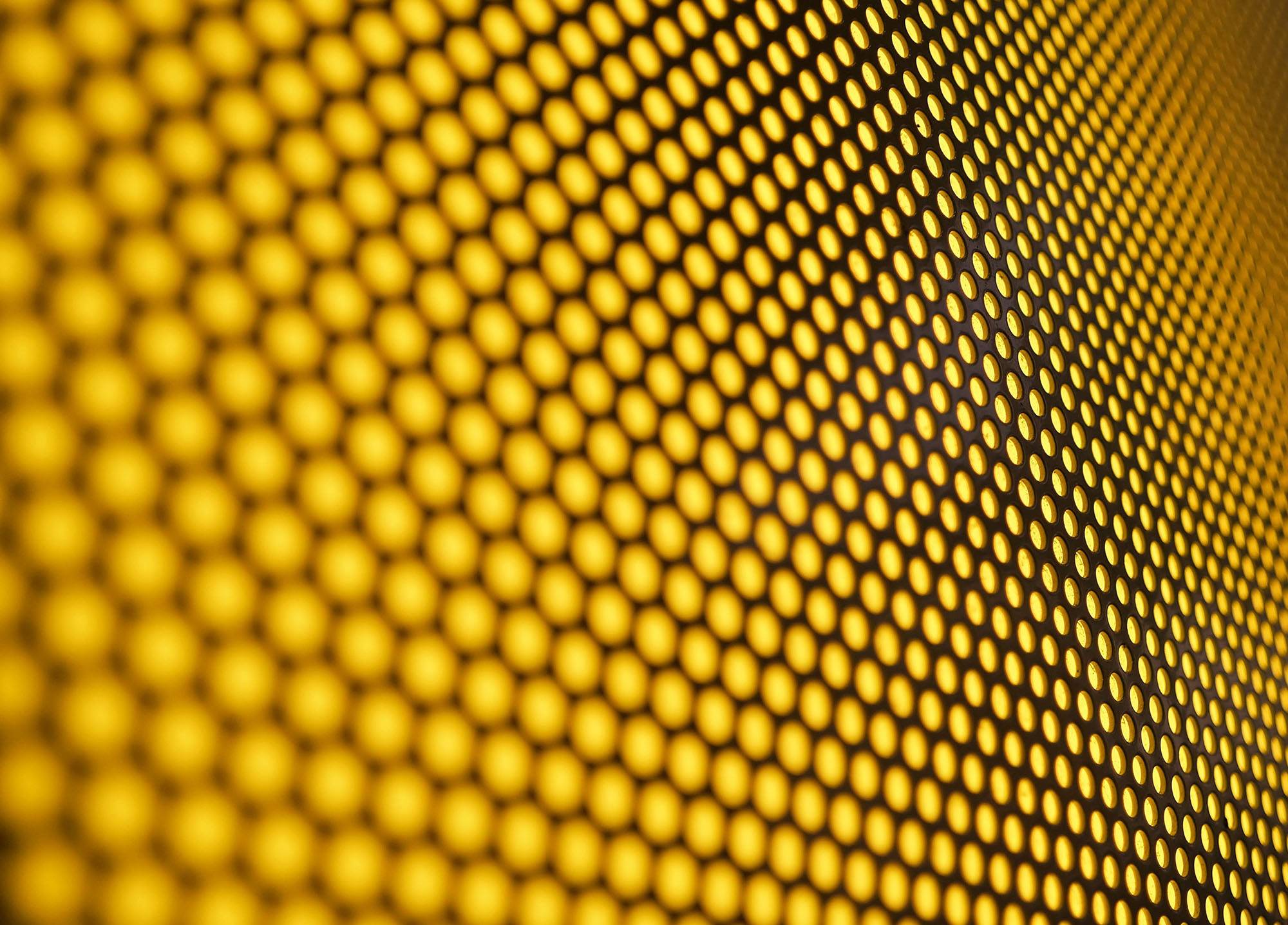

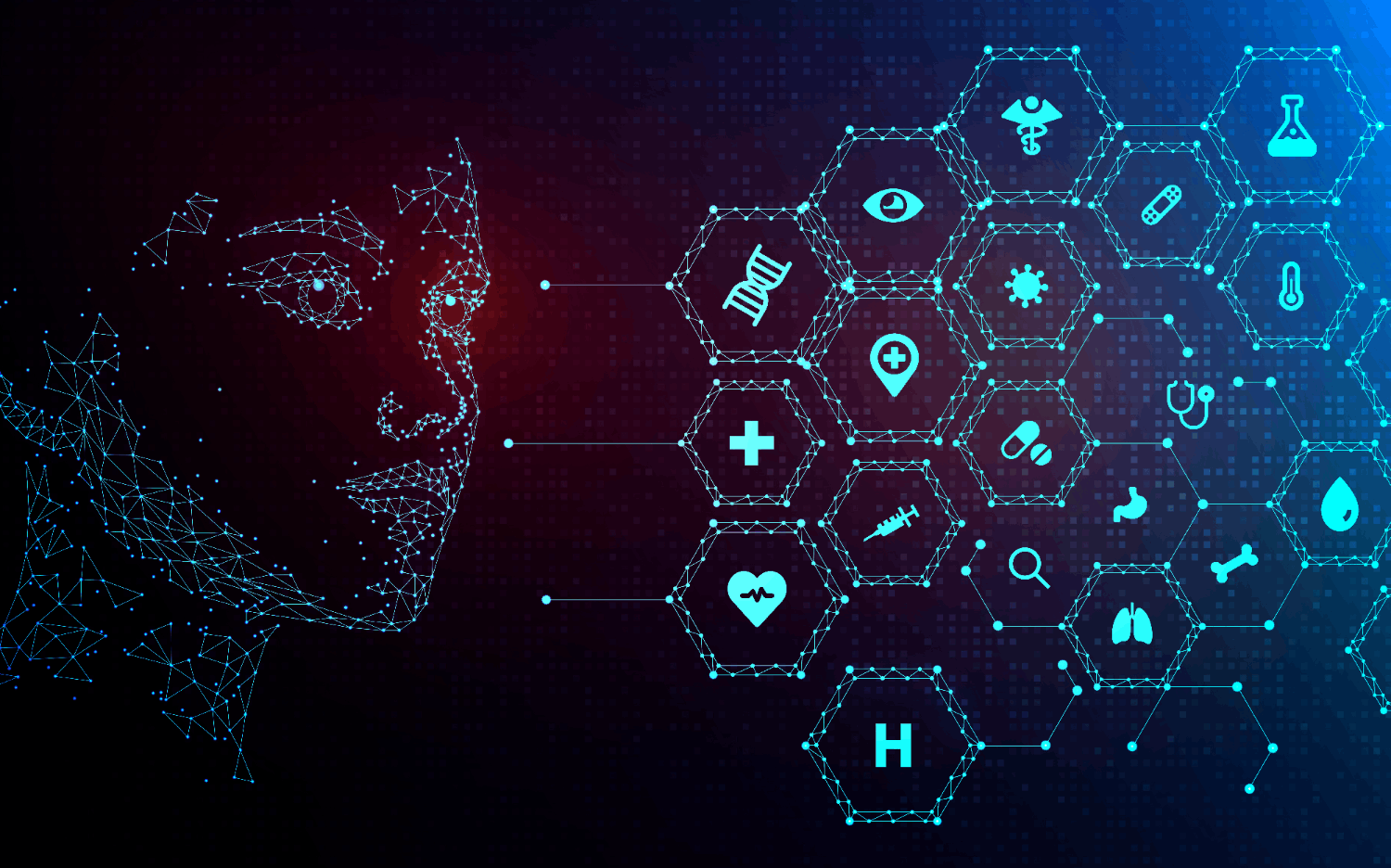
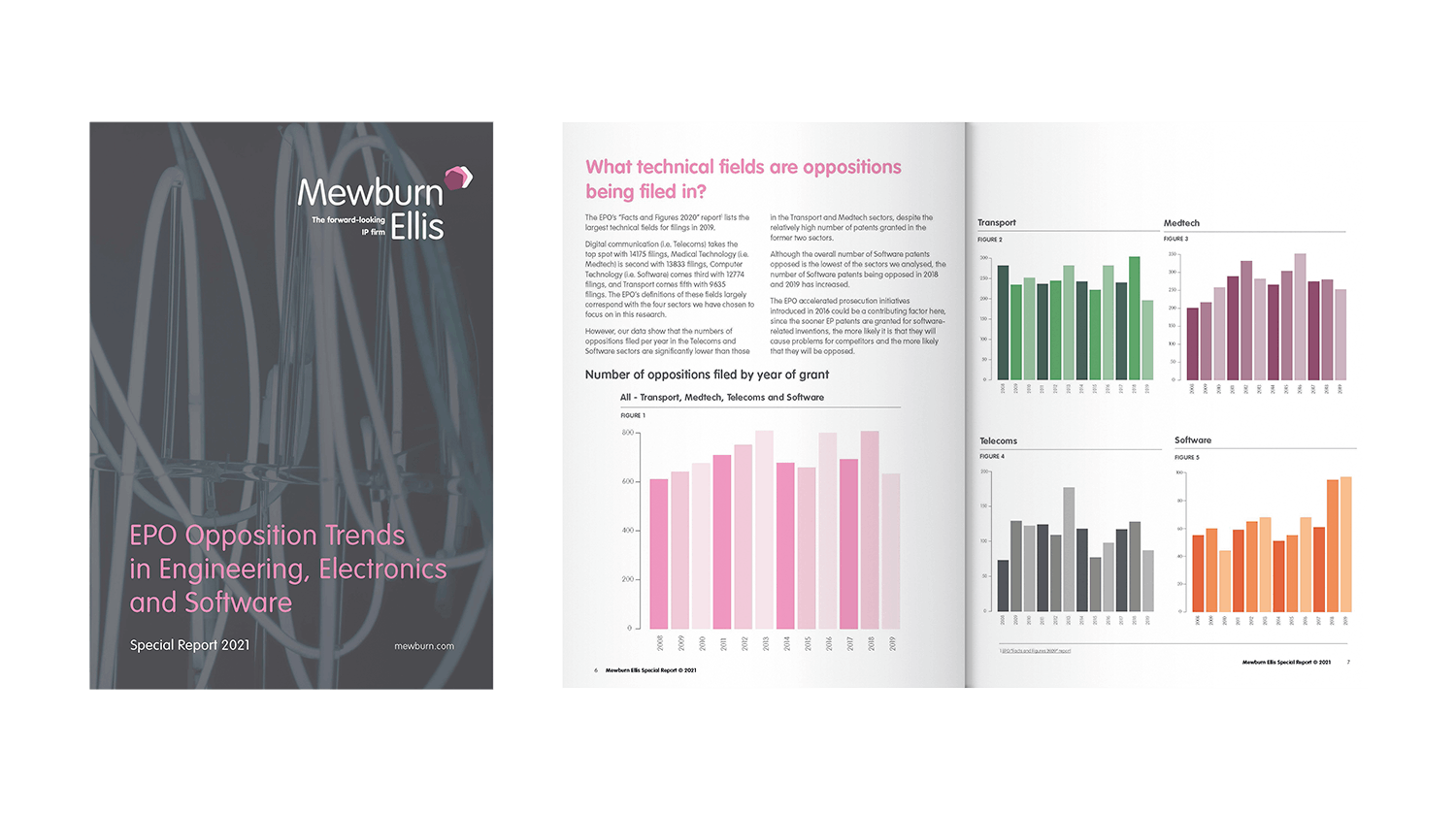


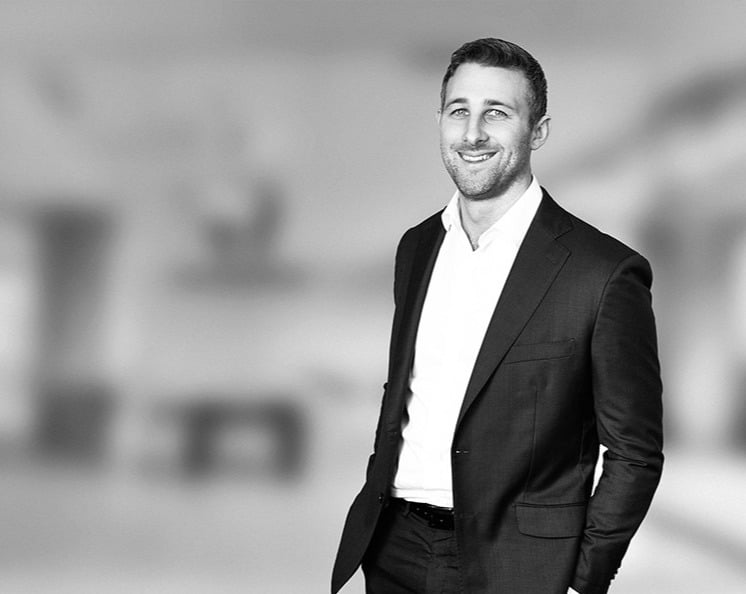
/EMMA%20GRAHAM-1.png)
